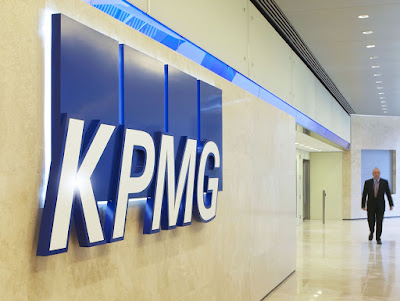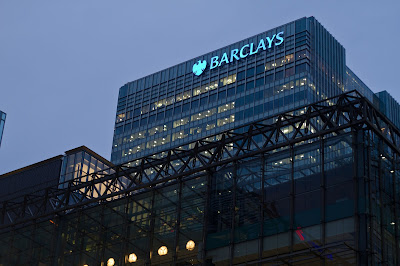KPMG Continues to Suffer in South Africa

South Africa is currently still reeling from the ‘ Gupta scandal ’, but in recent news one of the leading global auditors has come under intense fire for a number of aspects, including its links to the Gupta family. In this short post, we will review the recent news and examine the future for the auditor in the country in the wake of incredible action by the South African government. On Tuesday, it was announced that South Africa has banned KPMG from auditing public companies within the country. The move comes on the back of a number of scandals involving the auditor, including its ties to the Gupta family and also the recent collapse of VBS, a South African bank that despite being given a clean bill of health by the auditor collapsed a short time later. It has been stated by KPMG that senior officials within the South African arm of the company have left the company before they could face disciplinary action for failing to declare a financial interest in the bank . Although KP



